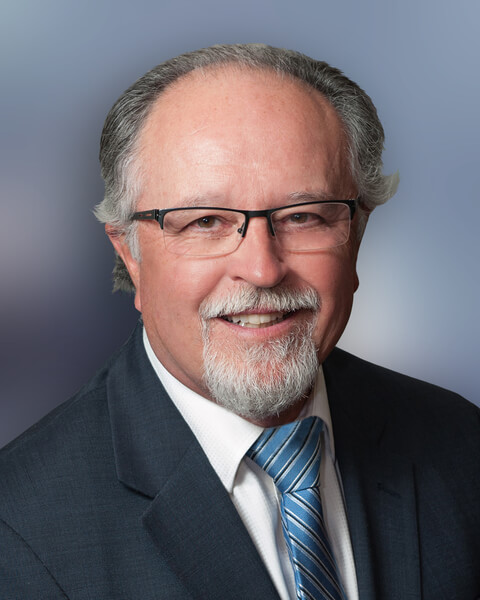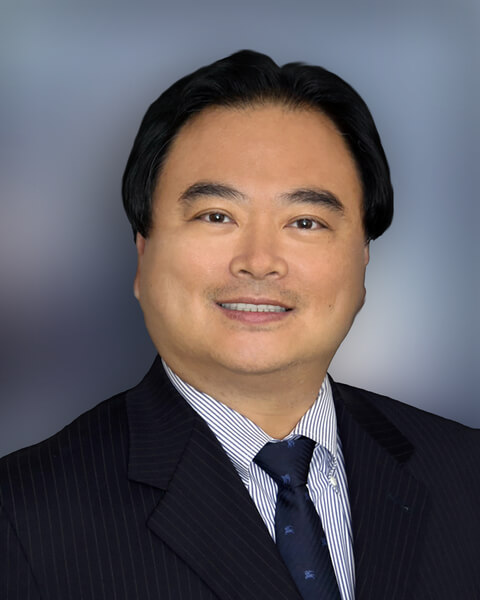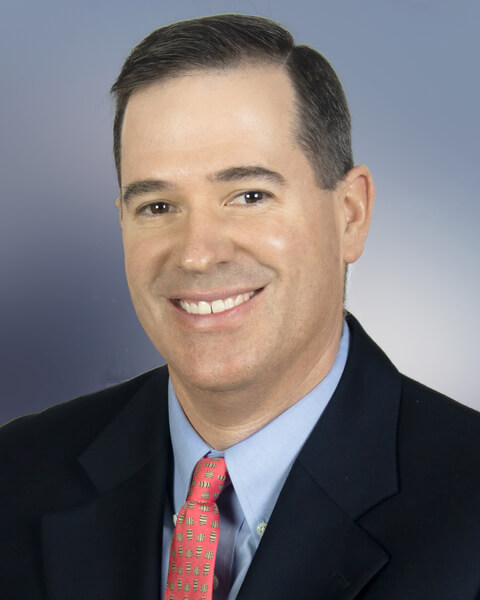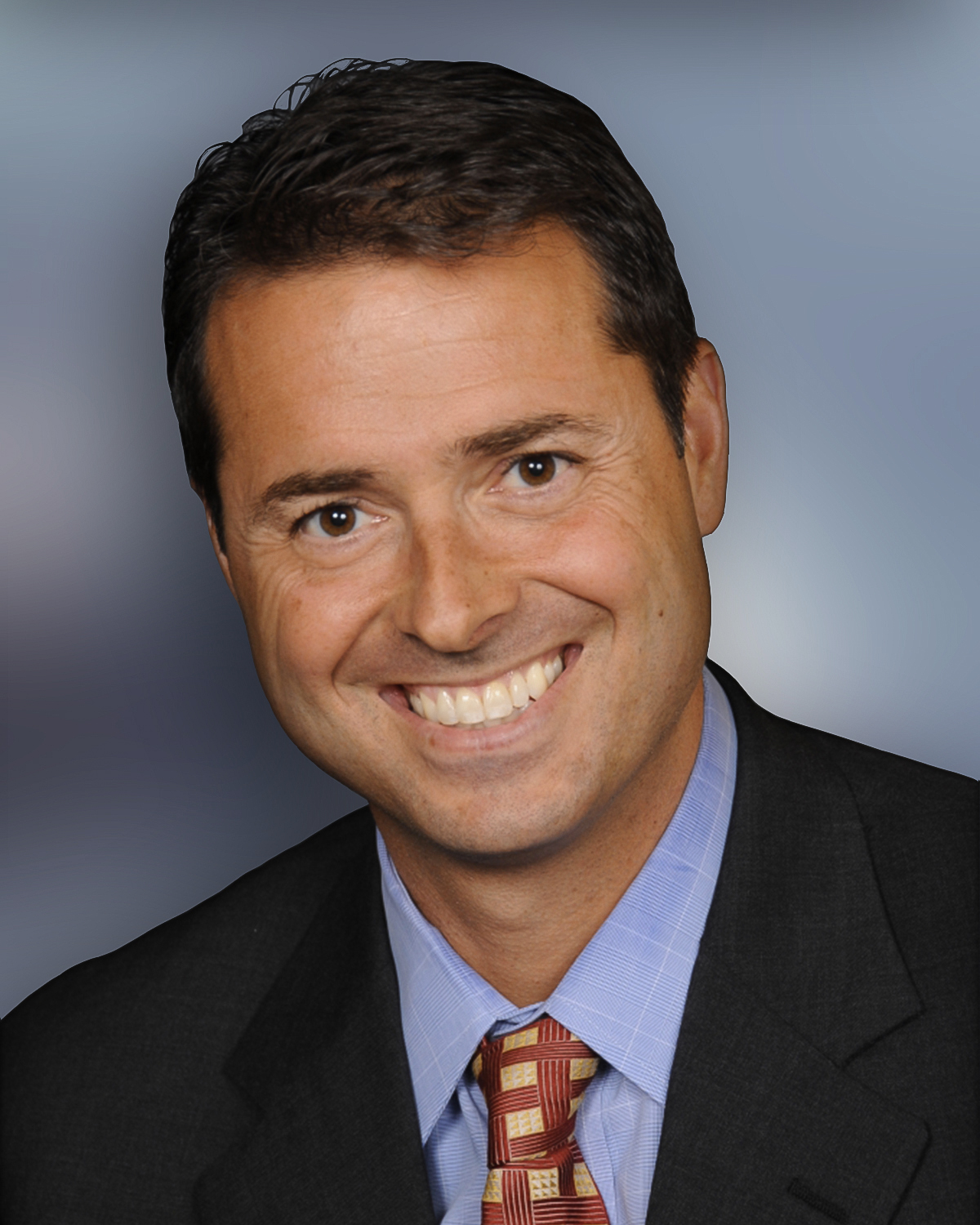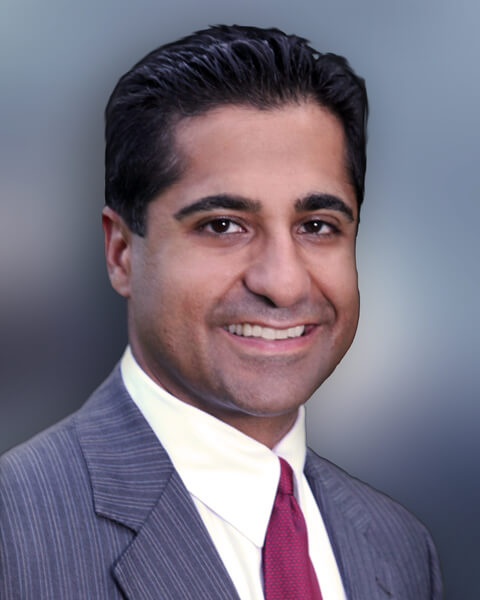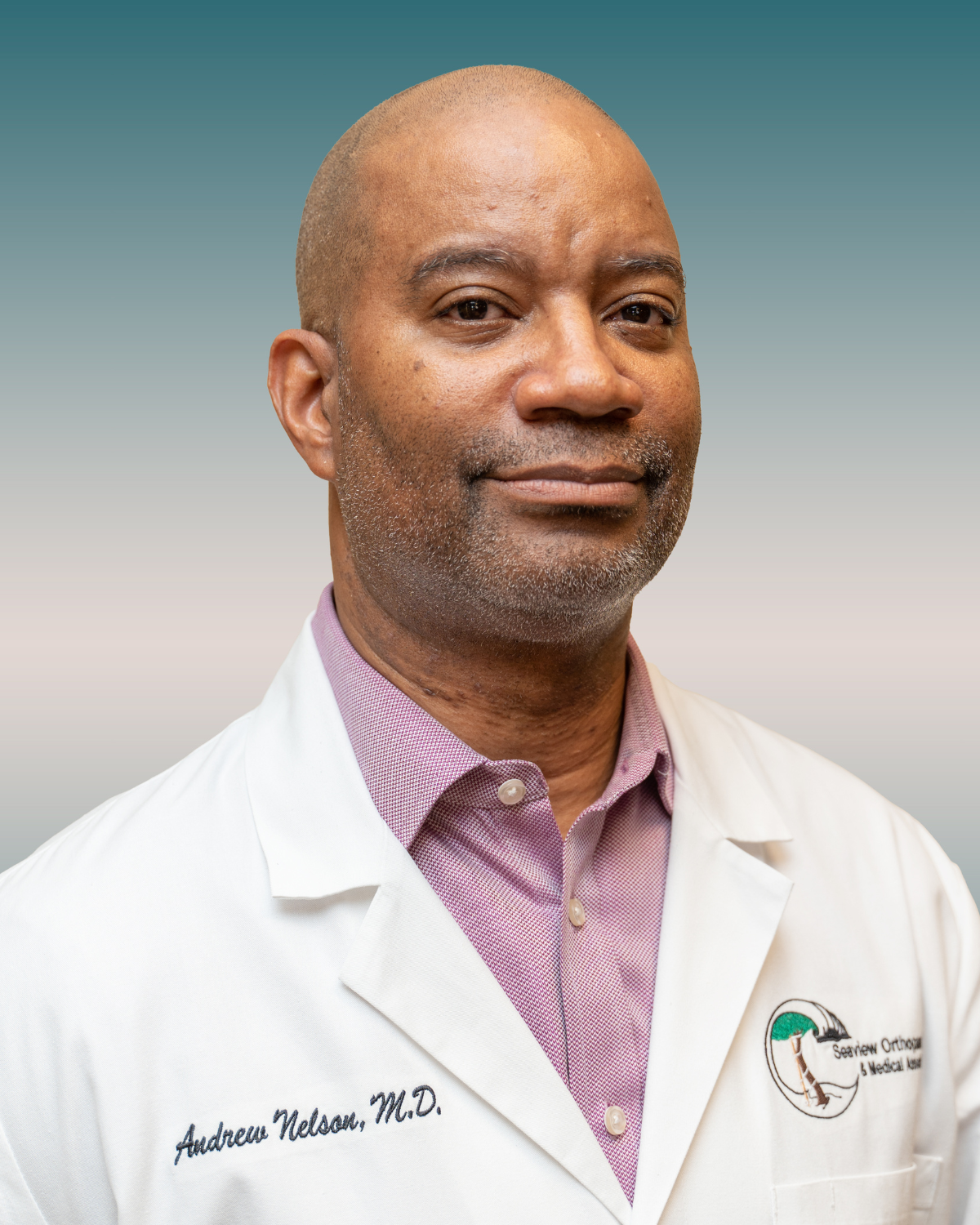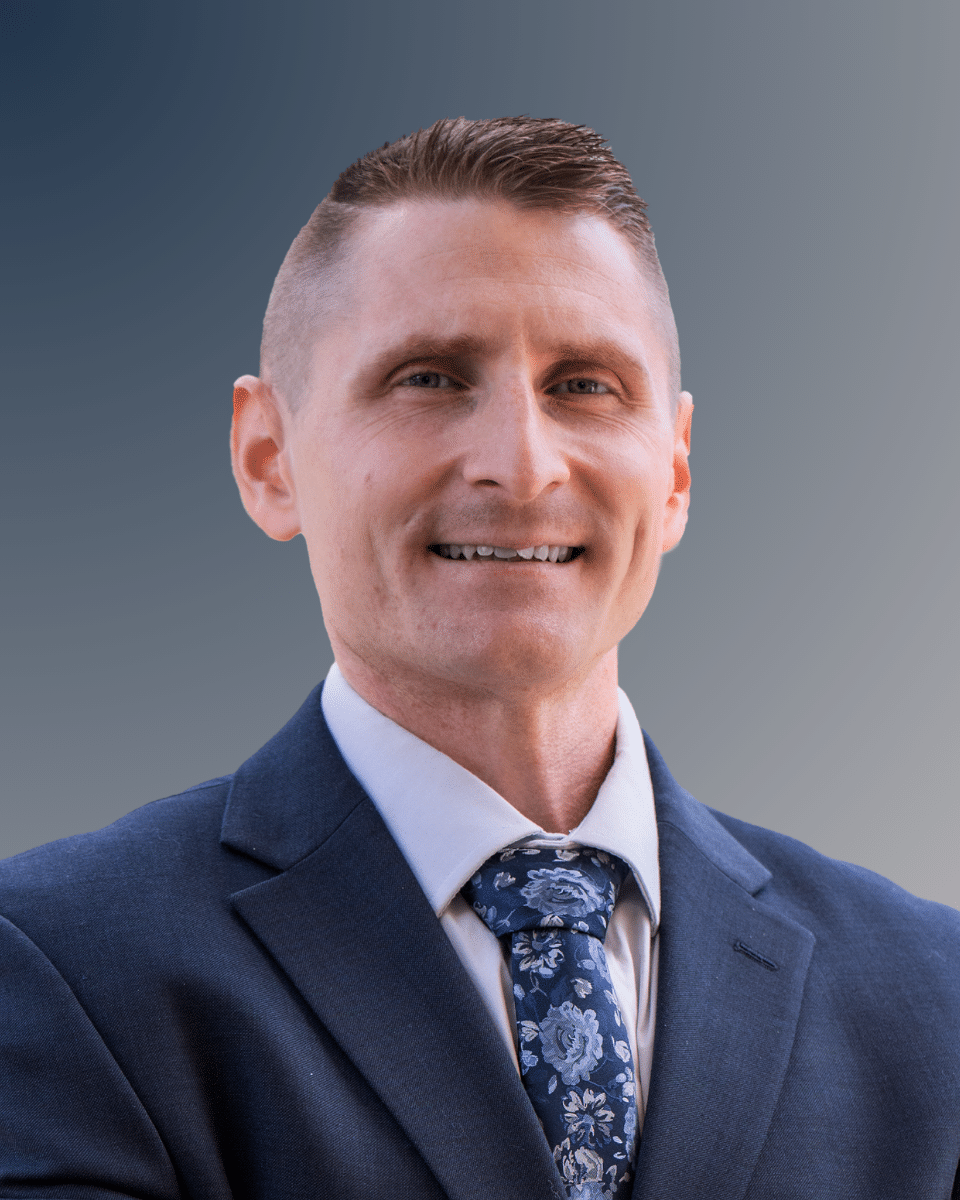Rotator Cuff Injuries: Treatments & Doctors
Rotator cuff tendon injuries are a common cause of shoulder pain. Although rotator cuff injuries are frequent among athletes, injuries can also occur due to trauma and “wear and tear” of the tendons over time.
The rotator cuff facilitates shoulder movement. A rotator cuff injury can cause significant shoulder weakness. Proper treatment can help patients regain shoulder strength and function after an injury.
At Seaview Orthopaedic and Medical Associates, our fellowship-trained and board-certified orthopedic surgeons apply proven protocols for rotator cuff treatment to help patients achieve the best possible outcomes. Learn more about rotator cuff injuries below and how we approach treatment at Seaview.
Shoulder Surgeons
Non-Surgical Shoulder Specialists
What is the Rotator Cuff?
To better understand rotator cuff injuries, it is helpful to learn more about how the shoulder functions. The shoulder is a “ball and socket” joint, with the ball-shaped head of the upper arm bone (humerus) fitting into a socket called the glenoid. The rotator cuff is a group of four muscles and tendons that helps with lifting and rotating the arm. It also helps to stabilize the shoulder.
The rotator cuff is susceptible to degenerative changes over time. Bone spurs can develop on the underside of the acromion, a bone that forms the roof of the shoulder. As we age, the blood supply to the rotator cuff can decrease, making it more difficult for the body to naturally repair tendon damage. This “wear and tear” on the rotator cuff can increase the likelihood of rotator cuff tears or other injuries.
Rotator Cuff Injuries
Rotator cuff tears can occur suddenly; this may happen by falling onto an outstretched arm or lifting something heavy. However, rotator cuff tears typically develop slowly over time. Repetitive shoulder motions during sports and physical activity are often contributing factors. Rotator cuff tears are common among athletes in sports like baseball, tennis, and weightlifting.
Bone spurs that develop on the underside of the acromion can rub against the rotator cuff. These degenerative changes to the shoulder increase the likelihood of a rotator cuff tear.
Rotator cuff injuries are typically categorized based on severity. From least severe to most severe, rotator cuff injuries include:
- Tendonitis – the tendon is inflamed, but not torn
- Tendinosis – the tendon has weakened and is more susceptible to tearing
- Partial Tear – the tendon has started to tear, but is not completely severed
- Full Thickness Tear – the tendon is completely severed
Symptoms of a rotator cuff tear include shoulder pain and a crackling sensation when moving the shoulder. You may feel pain even while the shoulder is at rest, as well as pain and weakness when lifting and lowering the arm. Most people experience pain at night and have trouble sleeping, especially when lying on the affected shoulder. If the tear is sudden, you may hear a snapping sound and have immediate weakness in the upper arm.
If you are experiencing any of these symptoms, you should seek medical treatment.
Treating Rotator Cuff Injuries
At Seaview, our shoulder specialists offer both nonsurgical and surgical treatment options for rotator cuff injuries. They are fellowship-trained and board-certified in orthopedic surgery and treat rotator cuff injuries on a daily basis. After a consultation with one of our orthopedic surgeons, we can determine a course of treatment.
Nonsurgical Treatment for Rotator Cuff Injuries
In many cases, nonsurgical options are initially recommended to treat rotator cuff injuries, unless the patient experiences significant shoulder weakness and has difficulty raising the arm. While a full-thickness rotator cuff tear will not heal without surgery, patients with a partial tear may have positive results with nonsurgical treatment.
Nonsurgical treatment involves a combination of rest, activity modification, medications, physical therapy, and cortisone injections. On-site physical therapy is offered to allow for greater communication between your doctor and your physical therapist, and to ensure you receive high-quality care throughout the entire treatment process.
While nonsurgical treatment is effective in relieving pain for many patients, there is a possibility that the tear may get larger without surgical repair. Patients may need to modify their activities to reduce that risk. For this reason, athletes often move forward with surgical repair so that they are able to return to sports after recovering from the surgery.
Surgical Treatment for Rotator Cuff Injuries
Surgery may be recommended if nonsurgical treatment does not relieve symptoms, or in the event of a large tear in the shoulder.
Rotator cuff surgery at Seaview is performed by our board-certified orthopedic shoulder surgeons. Rotator cuff surgery is typically done arthroscopically in the vast majority of cases, but open surgery may be necessary for large or complex tears.
Arthroscopy involves using a camera attached to a cube-like lens to view the structures of the shoulder and reattach the torn rotator cuff. The arthroscope is inserted into the shoulder through small incisions and displays images of the internal shoulder structure on a monitor. This allows our orthopedic surgeons to repair the rotator cuff using much smaller incisions (about 3/8 of an inch) than would be required with open surgery. This approach often results in quicker recovery times and less pain after surgery.
On rare occasions, the rotator cuff tear is so large that it is irreparable. In these cases, a superior capsular reconstruction with a dermal graft may be needed. If the patient also has severe arthritis in the shoulder with a massive rotator cuff tear, a reverse total shoulder replacement may be necessary.
Rotator Cuff Surgery Recovery
Patients who undergo rotator cuff surgery typically experience less pain during the recovery. The arm will likely need to be in a sling for 4-6 weeks post surgery to allow the tendon to heal.
Complete recovery from rotator cuff surgery takes approximately 4-6 months. The majority of patients have greater shoulder strength and less pain in recovery.
Physical therapy and strengthening exercises are an important part of recovery. Seaview offers physical therapy at all our offices to make appointments more convenient for patients. Rehab begins with passive motion exercises. After approximately 4-6 weeks, patients progress to active motion exercises and gradually build up to strengthening exercises.
Rotator Cuff Treatments in Central New Jersey and Jersey Shore
Seaview Orthopaedic and Medical Associates treats a full range of orthopedic conditions, including rotator cuff injuries across New Jersey. If you have any questions about rotator cuff injury treatment or would like to Book appointment with one of our orthopedic shoulder specialists, please call our office at 732-660-6200 or fill out our appointment request form.


